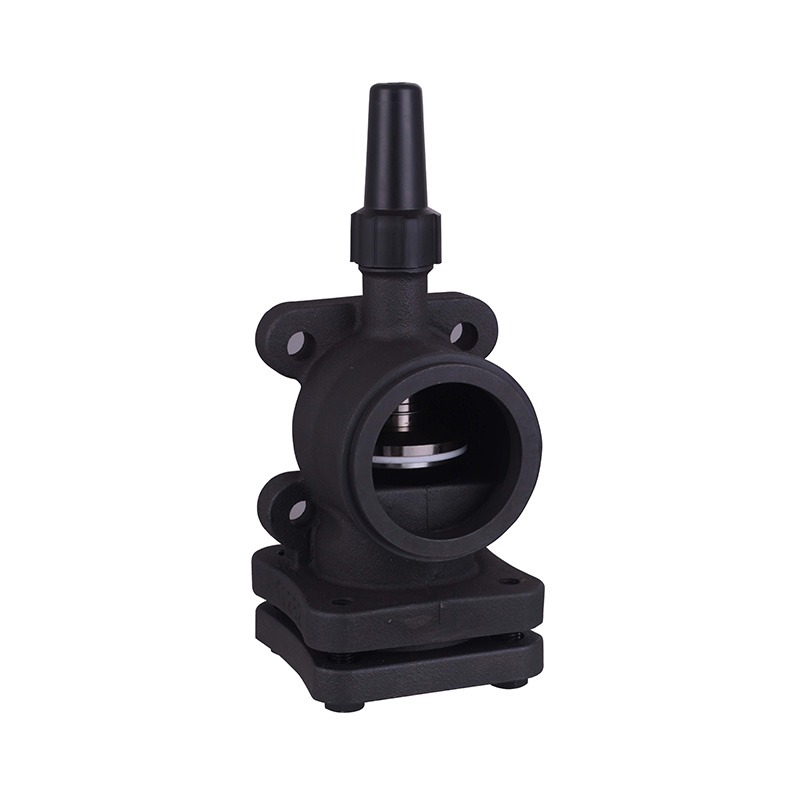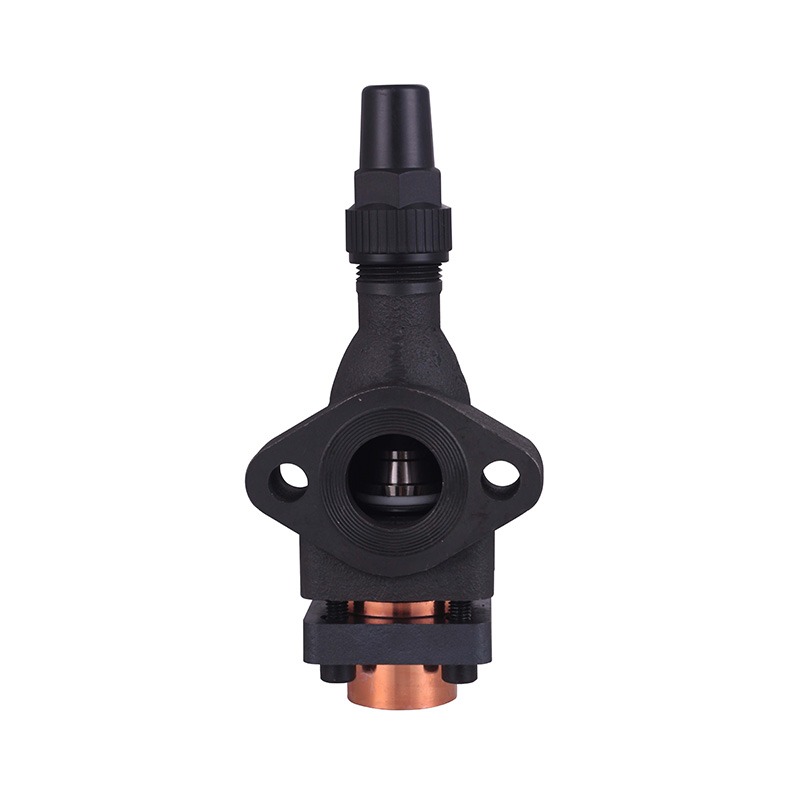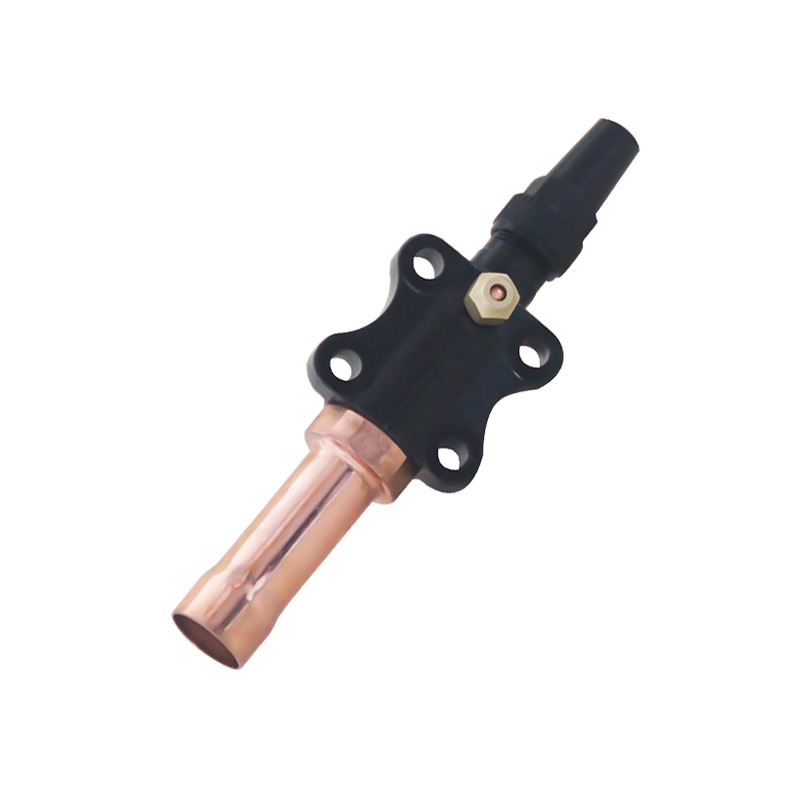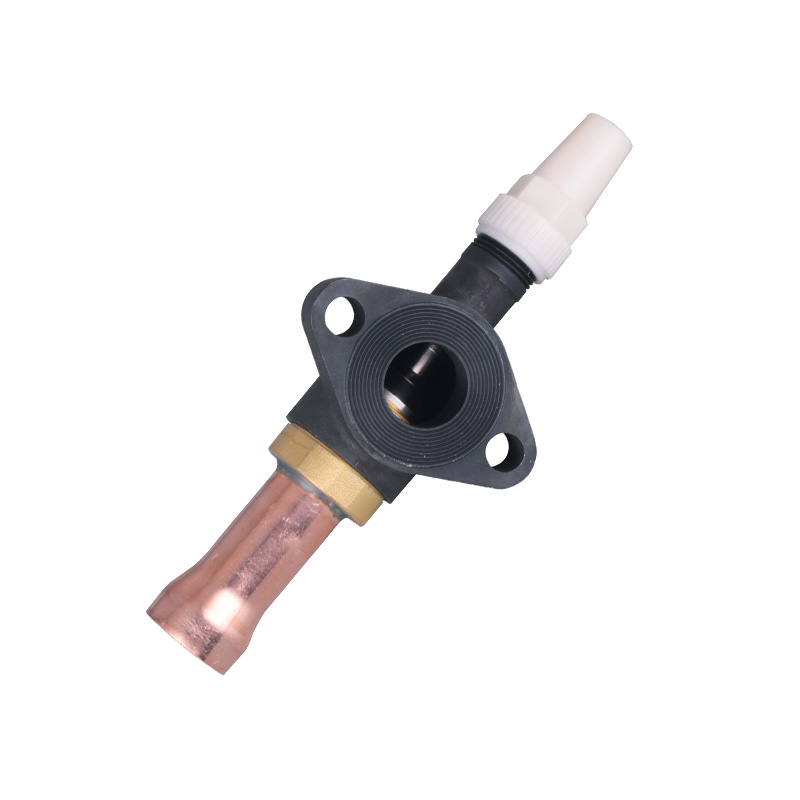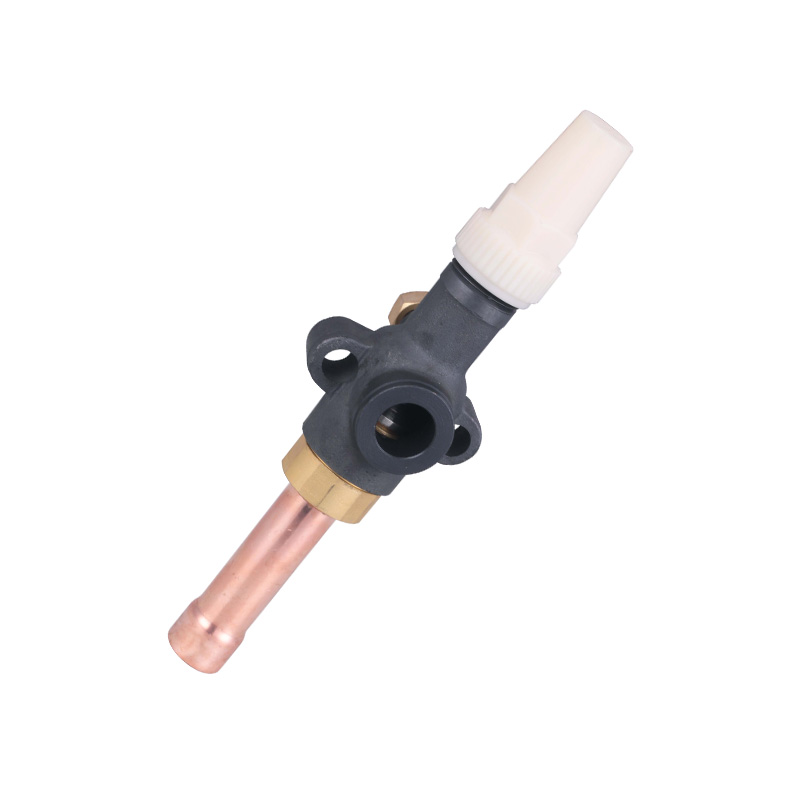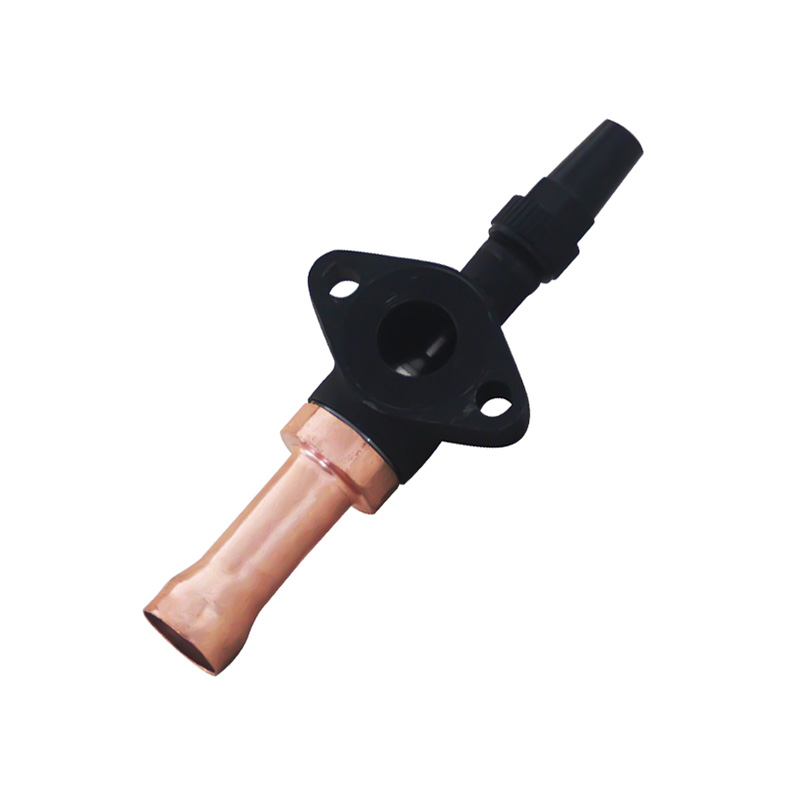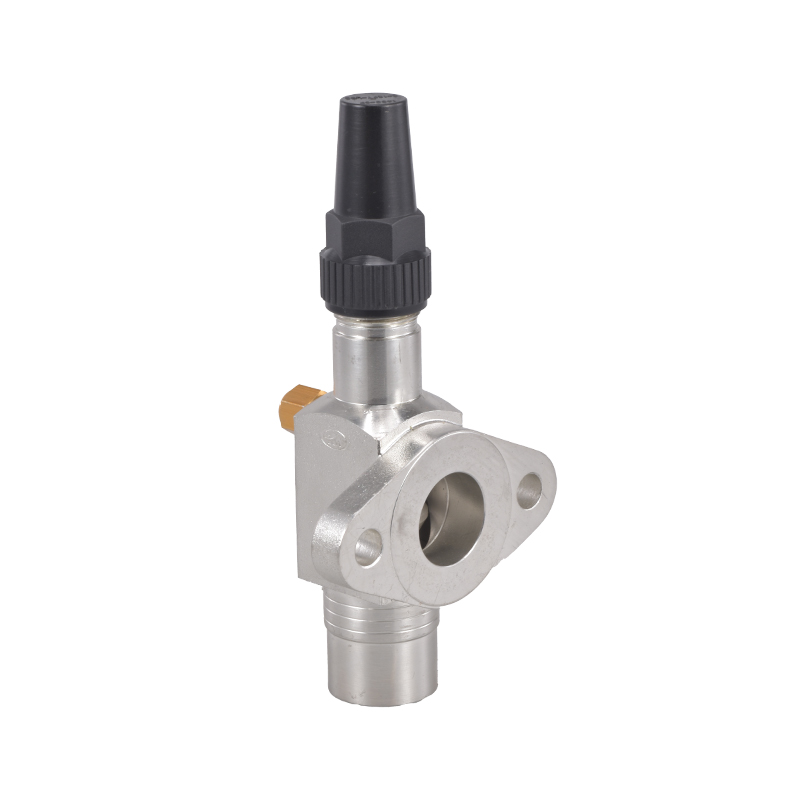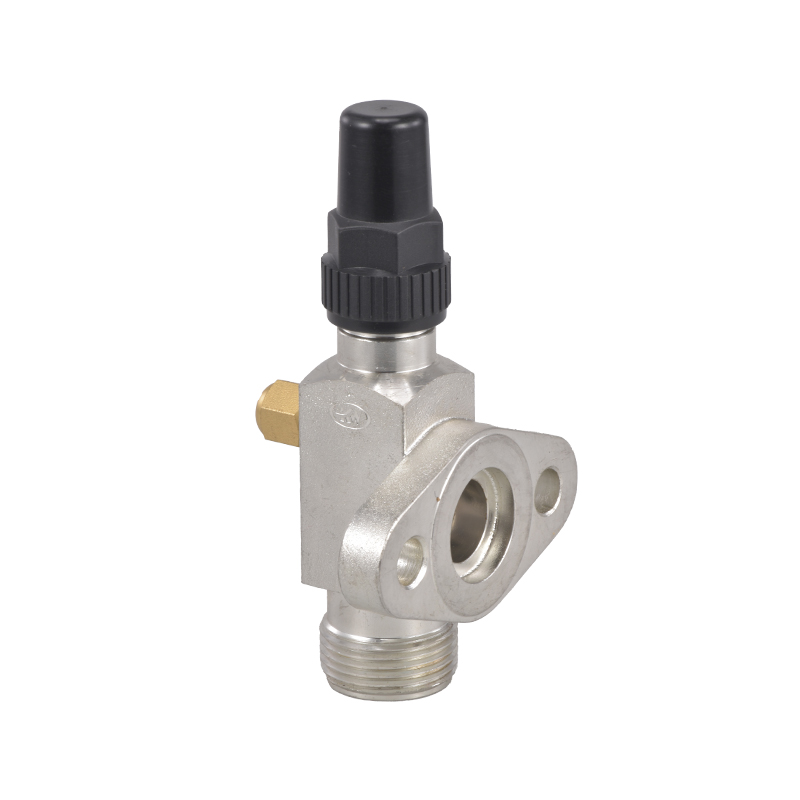Designing an Efficient Cold Storage Refrigeration System for Warehouses
 By Admin
By Admin
Cold storage warehouses play a crucial role in preserving perishable goods, from food and pharmaceuticals to chemicals. The heart of these facilities is the cold storage refrigeration system, which must balance energy efficiency, reliability, and temperature control. Two primary cooling methods dominate the industry: water cooled refrigeration system and air refrigeration systems. Choosing the right setup can significantly impact operational costs and sustainability.
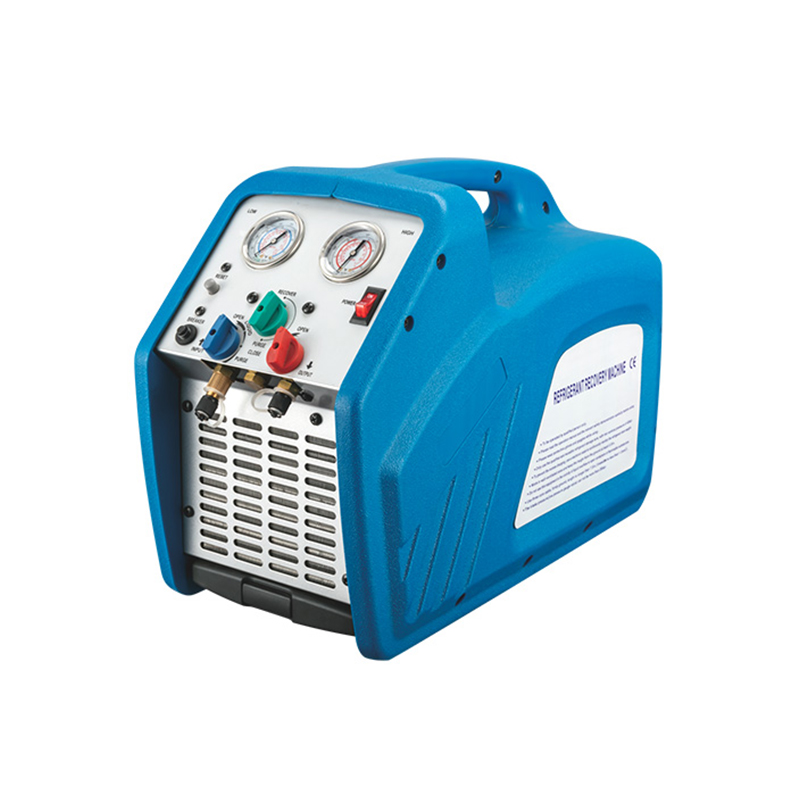
Key Considerations for Cold Storage Refrigeration Systems
When designing a cold storage refrigeration system, engineers must evaluate several factors:
- Temperature Requirements: Frozen storage (-20°F and below) vs. chilled storage (32°F to 40°F).
- Energy Efficiency: Reducing power consumption while maintaining consistent cooling.
- System Longevity: Minimizing wear and tear on compressors and condensers.
- Environmental Impact: Compliance with refrigerant regulations and sustainability goals.
Both water cooled refrigeration system and air refrigeration systems have distinct advantages, depending on the application.
Water Cooled Refrigeration Systems: High Efficiency for Large Facilities
A water cooled refrigeration system uses water to absorb and dissipate heat from the refrigerant, making it highly efficient for large-scale operations. These systems are ideal for warehouses with access to a reliable water supply and proper drainage.
Advantages:
- Better Energy Efficiency: Water conducts heat more effectively than air, reducing compressor workload.
- Quieter Operation: Unlike air-cooled condensers, water-cooled systems produce less noise.
- Longer Lifespan: Reduced thermal stress on components extends the cold storage refrigeration system's durability.
Challenges:
- Higher Upfront Cost: Requires cooling towers, pumps, and water treatment systems.
- Maintenance Needs: Regular cleaning to prevent scale buildup and corrosion.
For facilities prioritizing efficiency over initial costs, a water cooled refrigeration system is often choice.
Air Refrigeration Systems: Simplicity and Flexibility
Air refrigeration systems, which rely on ambient air to cool refrigerant, are widely used due to their simplicity and lower installation costs. These systems are common in smaller warehouses or locations where water scarcity is an issue.
Advantages:
- Lower Installation Cost: No need for water infrastructure.
- Easier Maintenance: Fewer components than a water cooled refrigeration system.
- Flexibility: Can be installed in almost any environment.
Challenges:
- Higher Energy Consumption: Less efficient in hot climates, increasing operational costs.
- Noise and Heat Emission: Condenser fans can be loud and may require additional ventilation.
Despite these drawbacks, air refrigeration systems remain a practical solution for many cold storage refrigeration system applications, especially in moderate climates.
Hybrid Solutions: Combining of Both
Some modern warehouses use hybrid setups, integrating both water cooled refrigeration system and air refrigeration systems to optimize performance. For example:
- Using air refrigeration systems for smaller cold rooms.
- Implementing water cooled refrigeration system for high-load areas like blast freezers.
This approach improves efficiency while keeping costs manageable.
Future Trends in Cold Storage Refrigeration
As sustainability becomes a priority, innovations like CO2-based cold storage refrigeration systems and AI-driven energy management are gaining traction. However, traditional water cooled refrigeration system and air refrigeration systems will continue to dominate due to their reliability and adaptability.
Designing an efficient cold storage refrigeration system requires careful analysis of energy needs, climate conditions, and budget constraints. While water cooled refrigeration system offers outstanding efficiency for large facilities, air refrigeration systems provide a cost-effective alternative for smaller operations. By selecting the right system—or a hybrid approach—warehouses can ensure good performance, lower energy bills, and longer equipment life.




 English
English русский
русский Deutsch
Deutsch
